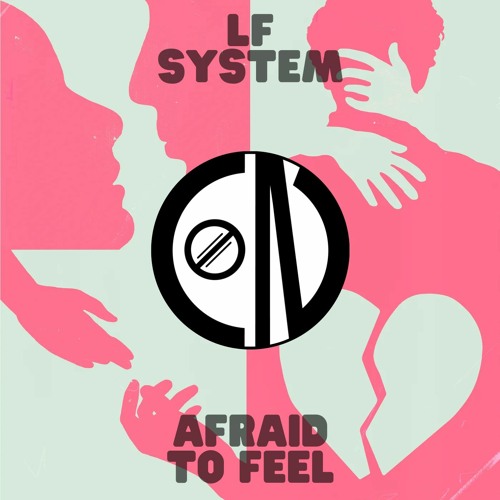

#94: ANNE-MARIE DAVID
"Tu te reconnaîtras"
From the album Tu te reconnaîtras
Released: May 1973
The
summer of 1973 was non-existent. Unlike the previous five summers, we
didn't go anywhere on holiday, although I suspect that was for reasons
beyond, or beneath, the weather. It was not a pleasant time to be alive
in Britain, not for me personally or for anyone else as a whole. I
dreamed as much as possible because it was preferable to Formica-ground
reality. I read some comics and also two week-by-week encyclopaedia-type
magazines, All About Science and (a bit later that year) The Story Of Pop. I even ordered binders to house those.
The
future was as clearcut as ground glass. I would grow up to be a
scientist, or an expert on pop music. Perhaps I could become a pop
scientist (but Thomas Dolby beat me to that). It was better than the
rubber violence I experienced at the time, from father and supposed
school peers alike. The aura of the times was as grey as spent pork.
There
were quasi-idyllic interludes, even if those involved rambling randomly
around the backwoods of Blantyre and Uddingston, emerging on a sunny
early evening of a Wednesday in July, looking in the window of the local
electricity showroom and the washing machine we were shortly to buy.
That's what springs to my mind whenever I hear "You Are The Sunshine Of
My Life," anyway.
And
there was also light entertainment, which in 1973 involved various
then-well-known comedians, magicians and talent competitions, as well as
the Eurovision Song Contest. That year Cliff Richard, someone I had
never known not to exist, was back after five years with the slightly
reluctant schlager-UK of "Power To All Our Friends." Representing
Spain were Mocedades with "Eres Tu," a huge hit everywhere around the
world except here.
But
both songs were nudged out of first place by this elusive lament.
Trumpets blow a fanfare, slithery saxophones recall Palais dance bands
of an era long since evacuated, or perhaps were just keeping late
fifties 6/8 jukebox ballads like "Born Too Late" in their minds. Then
the singer tells us, in French (even though she was representing
Luxembourg), of "childhood dreams, in the student whom the master
punished, in the station where the first adventure of your life begins."
The life mirror unnerved me.
She
goes on to reassure us that "you" - that is, all of us - will recognise
ourselves in every manifestation that life throws at us, in the artist
whose glory is denied by the selfish world. "In those who fear, in those
who are cold." Look beyond your self, and you will see yourself
reflected in all of us. In Luxembourg City the red-dressed singer
performed it in a somewhat distressed fashion. In a promotional film she
is wearing a suit and tie and glances at the camera conspiratorially
from time to time.
The
song won, if only by four points, and was recorded in four other
languages, including two entirely different Italian editions. In one of
the latter, "The King's Bed," she angrily laments the childhood love she
knew which has evaporated, abandoning her in a bed far too big for her.
What is the point of that empty pillow? "It's not you, that king that
once I dreamed of; the man that I wanted and in my fairytales. But you
are the only truth, the one I'm going to accept - crying a little bit."
Every now and then she falls apart.
The
other Italian translation, however, is entitled "You Can't Live By
Fear." In this setting, her lover is tormented by an unspecified terror.
"I don't feel safe any more," she cries. "Why aren't you speaking?
What's in your heart?" Later she indicates "You have a knot in your
throat" - trying to avoid the noose? And yet, she will stand by him: "I
would fight even if I knew that you were guilty...I'm here to help you,
even knowing that I will always have fear and tears that tie me to you."
Or is it the mother singing to the abused child?
In
Britain the song was renamed "Wonderful Dream" and the singer's
delivery is only very minutely uncomfortable, though a lot more
discomfiting. The theme of youthful love gone to waste is reiterated,
but in Mme David's closing cry of "Oh Lord, don't let it die," I think
of the European dream signed into our laws in that very same years, and
of how, hauntologically, the hellish present of the past six years* and
counting are transposed back into 1973 and Anne-Marie David warning us
not to fuck it up. The song - which says all it needs to say in less
than two minutes and forty-five seconds - reminds us that an enclosed
world will end up a suffocated one.
(*Reminder: this piece was written two years ago.)


No comments:
Post a Comment